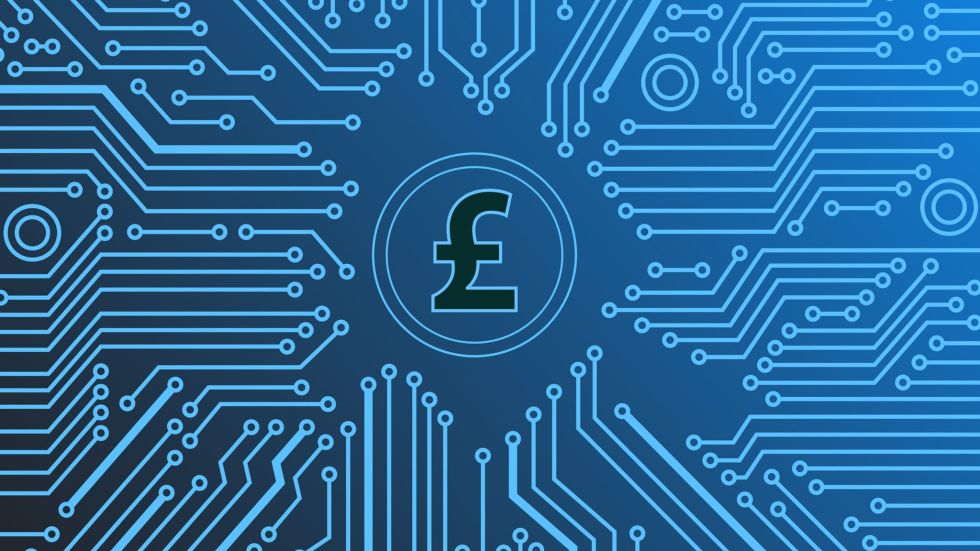The Bank of England (BoE) and UK Treasury are set to back the development of the British central bank digital currency (CBDC), popularly known as “Britcoin” or “digital pound.”
The discourse of a British CBDC began in April 2021, when the UK Treasury, then under the leadership of current UK Prime Minister Rishi Sunak, launched a joint task force with the BoE to evaluate the feasibility of a “digital pound” for British businesses and households.
Since then, there have been multiple discussions and reports as both financial authorities weighed the potential benefits and risks a “digital pound” could bring to the UK economy. After 21 months of research and consultations, it would appear both parties have eventually come to a decision.
UK ‘Likely’ To Need CBDC
According to a Saturday report by The Telegraph, Bank of England Governor Andrew Bailey and Chancellor of the Exchequer (Treasury) Jeremy Hunt are expected to back the introduction of the state-owned digital currency based on an expected decrease in cash use as the world evolves into a cashless, digital economy.
“On the basis of our work to date, the Bank of England and UK Treasury judge that it is likely a digital pound will be needed in the future,” said the governor and chancellor in a consultation report presented to The Telegraph by anonymous sources.
“It is too early to commit to build the infrastructure for one, but we are convinced that further preparatory work is justified,” read another statement in this consultation report.
According to The Telegraph, the Bank of England and the UK Treasury will go public with their stance next week, rolling out a roadmap that will lead to the successful introduction of the “digital pound” to the UK economy by 2030.
So far, following the Telegraph’s report, there have been no official comments from either the BoE or the UK Treasury.
Major Concerns Around CBDCs
As the name implies, a central bank digital currency is a digital token issued and distributed by a nation’s central bank. CBDCs are created using blockchain technology, and they share the same value and functions as a country’s fiat currency.
While many citizens and businesses are excited by the idea of a digital pound as the world embraces blockchain technology, there are still significant concerns over the implications of this financial move.
One major fear around the emergence of a “digital pound” is the eventual phasing out of the physical currency. However, the Bank of England has continually reassured the British populace that the “digital pound” will be used alongside cash rather than as a replacement.
Another concern surrounding the use of digital currency is “state surveillance of people’s spending choice” as stated in the Lords Economic Affairs Committee report on CBDCs published on Jan 30, 2023.
However, in the consultation report seen by The Telegraph, the BoE, and the UK Treasury, it states that CBDCs will offer users the same level of privacy as the current forms of money except in legal circumstances which may require access to an individual’s transaction history.
That said, this plausible positive news of a “digital pound” only shows the impressive growth of the blockchain industry in the last few years. However, cryptocurrency remains blockchain’s biggest application. Following a rather turbulent year in 2022, the crypto market is up again, trading with a total market cap of $1.037 trillion based on data from TradingView.
Crypto Market Cap at $1.037 Trillion | Source: TOTAL Chart on TradingView.com.
